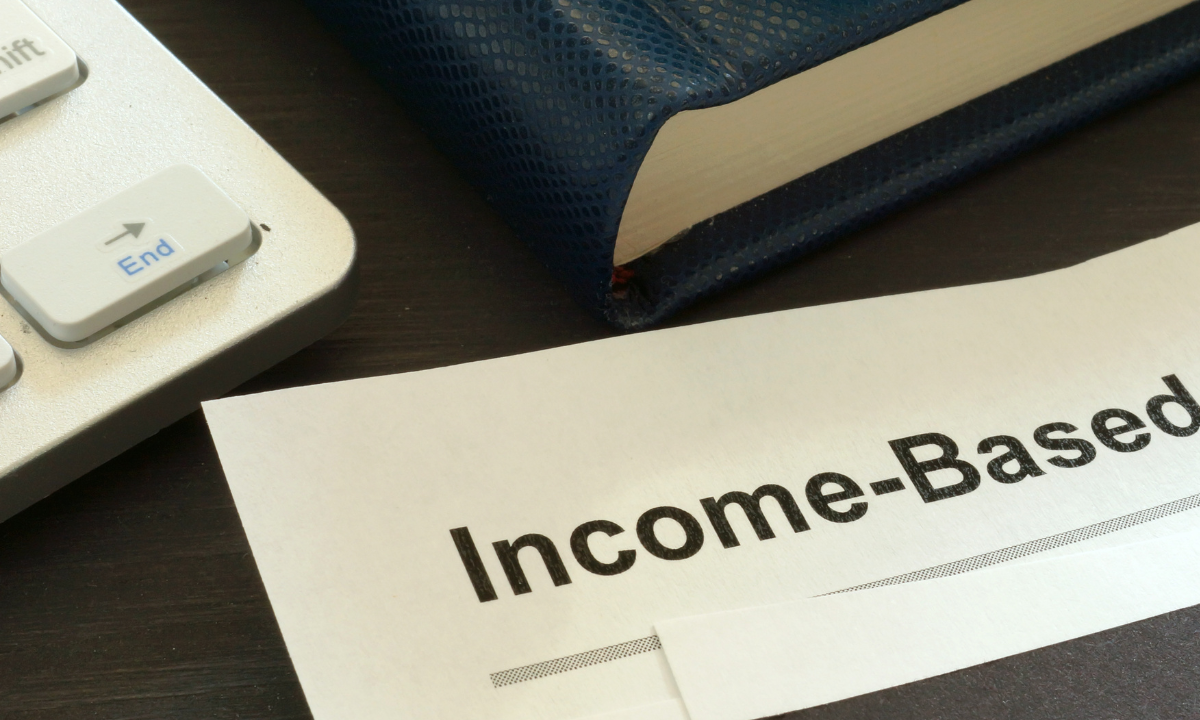The original story can be read here.
By
Pew Research releases new data showing that Californians are suffering the highest cost of living in the country. Earning as much as $180k would still put someone in the “Middle Class” in some parts of the state. Reform California breaks down the reasons why the state is so unaffordable and how to fix it.
California’s cost-of-living has gotten so expensive that a six-figure household income is barely “Middle Class” in most parts of the state.
Carl DeMaio, chairman of the tax-fighting group Reform California, says he’s not surprised that the results of a study recently released by the Pew Research Center show California has the highest cost-of-living of any state in the nation.
“California’s liberal politicians have been increasing taxes and regulations for years — all of which contribute to skyrocketing costs,” said DeMaio. “Governor Gavin Newsom and the California Democrats claim to be for the middle class, but when you look at the numbers, you almost have to ask if they actually hate the middle class.”
DeMaio broke down some of Pew’s figures for California:
- In San Diego County, to be part of the middle class, residents have to earn between a low of $61,000 and a high of $182,000. The median middle class income is $121,500.
- In San Francisco, Oakland, and Berkeley, to be part of the middle class, residents have to earn between a low of $77,000 and a high of $232,000. The median middle class income is $154,500.
- In Los Angeles, to be part of the middle class, residents have to earn between a low of $55,000 and a high of $110,000. The median middle class income is $65,000.
- In Riverside, to be part of the middle class, residents have to earn between a low of $51,000 and a high of $154,000. The median middle class income is $102,500.
But why is the barrier to entry for the middle class so high in California? DeMaio says it comes down to a few main reasons: housing costs, labor costs, high gas and utility rates, and high taxes.
“Housing costs are the biggest contributor to California’s high cost of living, and the costs are so high because liberal politicians have imposed mandates, fees, construction delays, excessive permits and more,” said DeMaio. “The labor costs to build these houses are also excessive due to union deals and strict labor laws.”
Waiting periods are reflected in housing prices at as much as 23.4 percent of the total price. Government regulation overall may explain, on average, 40 percent of California’s housing costs. In addition, a study by the Terner Center found that projects paying union wages to construction workers could cost $50,000 more per apartment.
“All of this contributes to home prices being hundreds of thousands of dollars more expensive in California than in a state like Texas,” DeMaio continued.
Learn more about the reasons for California’s high housing costs HERE.
DeMaio says that high water, gas, and electric rates are also contributing to California’s affordability dilemma — with many Californians paying nearly double the national average for these services.
“California’s liberal politicians are jacking utility rates through a combination of poor water management, failure to appropriately scale our electric grid, and imposing high taxes and fees,” explained DeMaio.
Learn more about the reasons for California’s high utility costs HERE.
DeMaio broke down how gasoline and these high utility costs translate into a family’s yearly spending:
- California’s gas is $2.50 higher than the national average. For a two car family, gas taxes and fees could add up to an extra $6,500 per year that a family would need to earn in California to cover the costs.
- If you round to paying double the rest of the country for electricity and gas, families owe an extra $100 per month — or $1,200 per year — over the national average.
- If you round to paying double the rest of the country for water, families owe an extra $100 per month — or $1,200 per year — over the national average.
- Total: Families owe nearly $9,000 more per year living in California versus living in the rest of the nation when just counting the cost of gas and utilities.
“The barrier to entry for the middle class in California is astronomical, and most of it is self-imposed by California’s liberal politicians,” said DeMaio. “But all of this can be changed, and that’s why we’re leading the fight in 2023 and 2024 to make California affordable again by stopping tax hikes and electing common sense leaders.”
Join the Fight: Stop the Tax Hikes
The original story can be read here.




